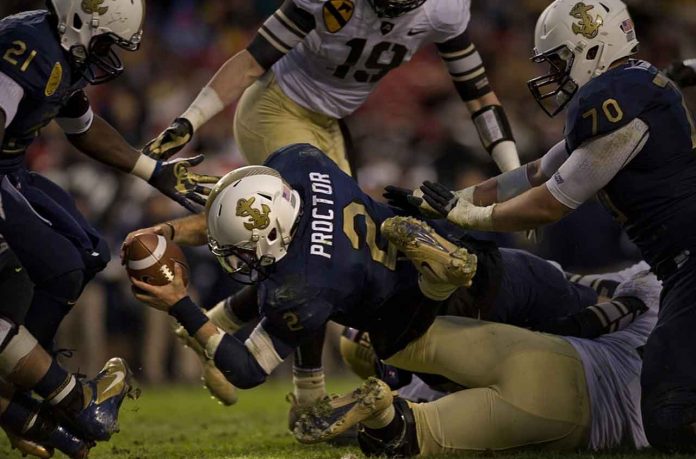More than 26% of the world’s population is officially noted as a regular bettor, indicating that betting has become a common part of most people’s life. This means that there are more than 1.6 billion gamblers around the world. Expert gamblers all started as amateurs unfamiliar with the concept of gambling. For instance, newcomers to the sports betting market would benefit from getting familiar with some of the vocabulary commonly used in the industry.
You can get the most out of your sports betting experience if you understand the terms used. Learn the fundamentals of sports betting, including standard terms and definitions, and get a jump start on your betting career.
Types of Bets
Online sportsbooks typically have a wide variety of betting options. As a bettor, it goes without saying that you need to be aware of the different bets you might encounter. In this section, we’ll define the most common ones.
Moneyline
The most basic type of sports bet is the moneyline. Wagers on the outcome of a game are known as money line bets. Depending on the game, there could be two or three possible outcomes. Bettors picking one of two players or teams on the moneyline are essentially picking a winner.
Point Spread
A point spread bet is a wager on the margin of victory or defeat between two teams in a sporting event. It’s the most common wager on basketball and football games. Betting lines can vary significantly depending on the sport and the specific event being wagered on.
Over/Under Bets
An over/under bet is a wager on whether or not a specific statistic for a game will be higher than a particular figure. This kind of bet is sometimes referred to as a total wager. The total score of all the teams involved in a game is the most popular over/under bet.
Prop bets
A proposition bet, or “prop bet” for short, is a type of wager that’s not based on a game’s final score or results. There are game-wide props, and there are props based on the individual teams. Popular wagering items often center on specific players’ performances.
Sports Betting Terms and Definitions
Sports betting is known for its extensive use of slang and jargon, and as a beginner, knowing what these words mean is quite helpful. You’ll surely come across these terms whether you are betting on the NFL draft or NBA props. So, to help you become a more knowledgeable bettor, learn the definitions of the most frequently used gambling and sports betting terms below.
● Favorite
The term “favorite” is commonly used in sports betting to refer to the team expected to win a match.
● Underdog
Underdogs are heavily favored to come out on the losing end of a game. The operator regularly offers the best odds to the underdog because they have a lower chance of winning.
● Vigorish (or Vig)
The fee or amount a sportsbook holds as payment for accepting wagers is known as the vig, vigorish, or juice. The vig is paid to the bookmaker only if the bettor loses.
● Handle
The quantity of wagers taken over a given period is called the handle. The Super Bowl is where the term is most commonly used because it usually has the biggest handles of any event in the country.
● Line
A sportsbook’s odds for a bet are known as a betting line. There will be lines posted for all of the betting options. To make more informed wagers, it helps to understand the lines and the relevant information they reflect.
● Push
When neither the bettor nor the sportsbook comes out ahead in a bet, the result is known as a push. If the wager ends in a push, the sportsbook will return your initial wager in full.
● Parlay
When a bettor places at least two bets and merges them into one wager, the bet is called a parlay. A parlay wager is considered a loss if any individual wagers lose. In contrast, the bettor collects more money if every bet they place is successful.
● Hedging
One way to lessen the blow of a loss or ensure a profit while betting is to “hedge” or bet on an opposite outcome from what one has already wagered on in the previous bet.
● Units
A sports bettor’s “unit” is the typical amount placed on a given wager. A unit relates to the proportion of a bankroll, and as everyone has a varied bankroll, it is primarily used in this context. The value of one unit is typically equal to 1% of a player’s total bankroll, though this is not a definitive rule.
● Steam
Steam is caused by a sudden influx of money deposited at many sportsbooks. It typically occurs when betting groups with deep pockets “go down hard” at several books simultaneously.
Conclusion
There are a ton of specific terms used in the field of sports betting. Remember that the meaning of these terms remained the same despite the ever-changing nature of the sports betting market. We hope that by providing you with the definitions of a few of the most common sports betting terminology, you can get your betting career off to a good start.

